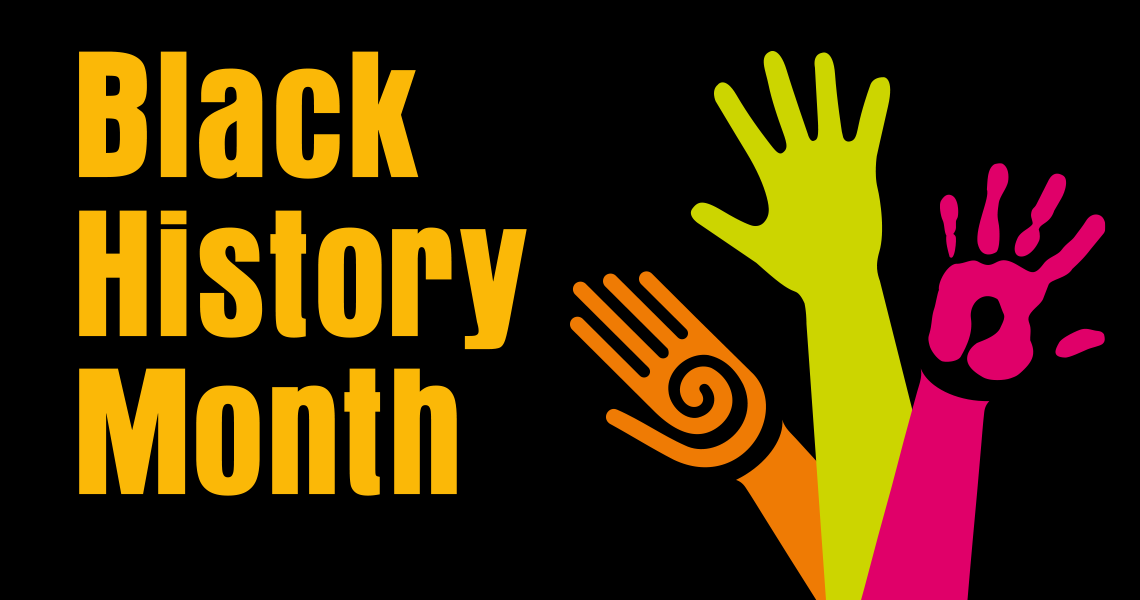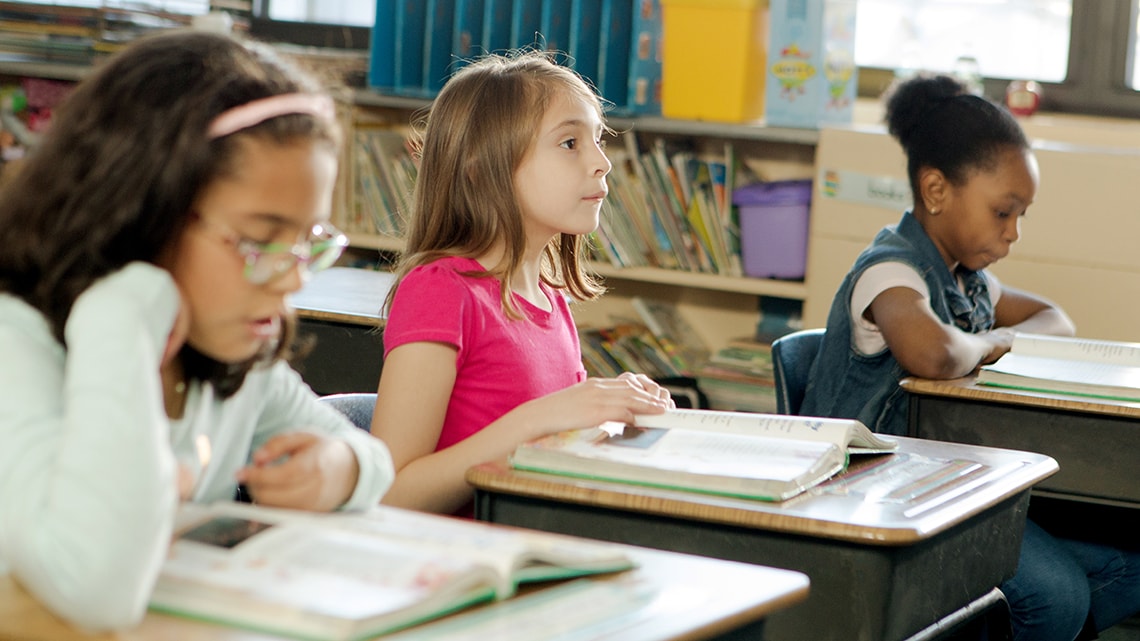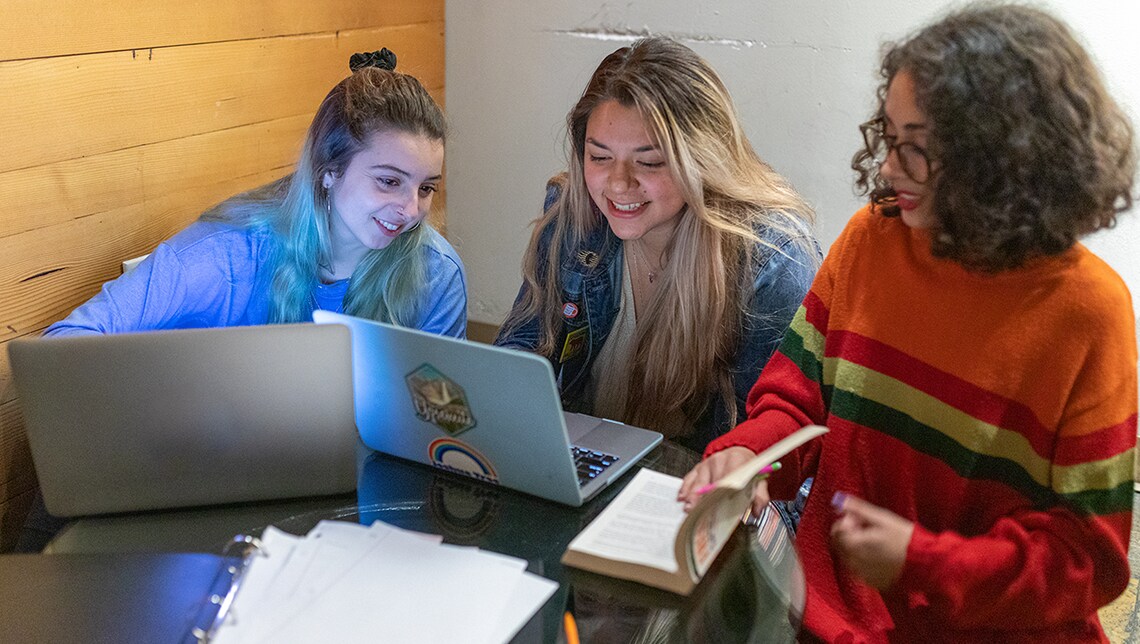The talented young poets who belong on your reading radar
In late 2020, a flurry of electrifying poems swept in to be judged for Pearson’s poetry competition on the subject of ‘Belonging’. Inspired by Imtiaz Dharker’s whirlwind exploration of confused identity, In Wales, Wanting To Be Italian (PDF, 211KB), and influenced by pieces from Pearson’s GCSE collection Belonging, British students from Years 9, 10 and 11 submitted a broad selection of brilliant verse.


